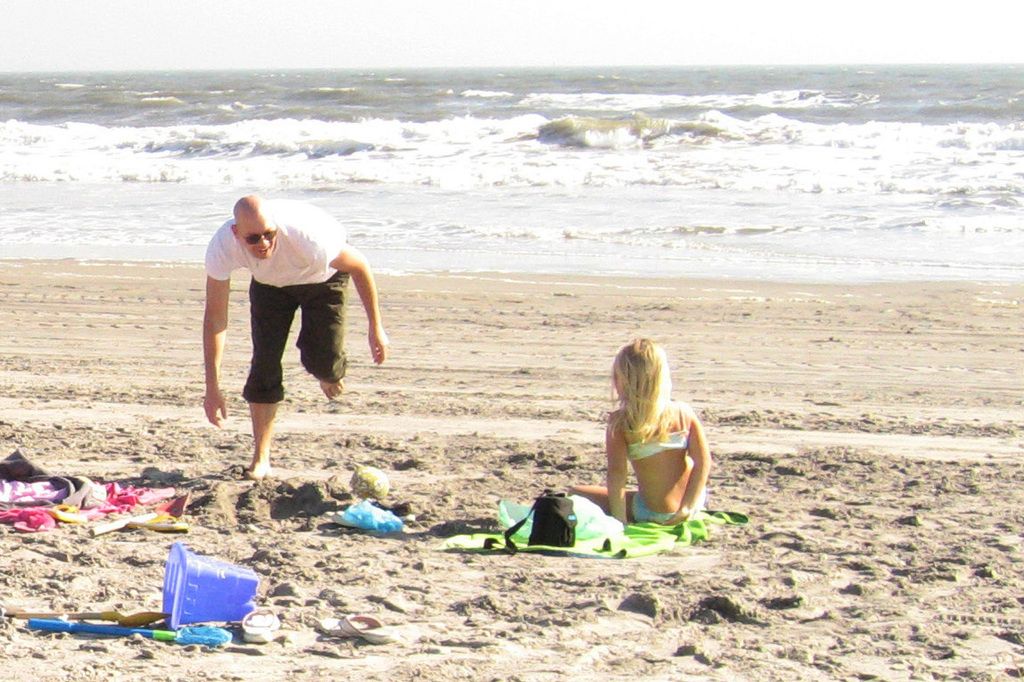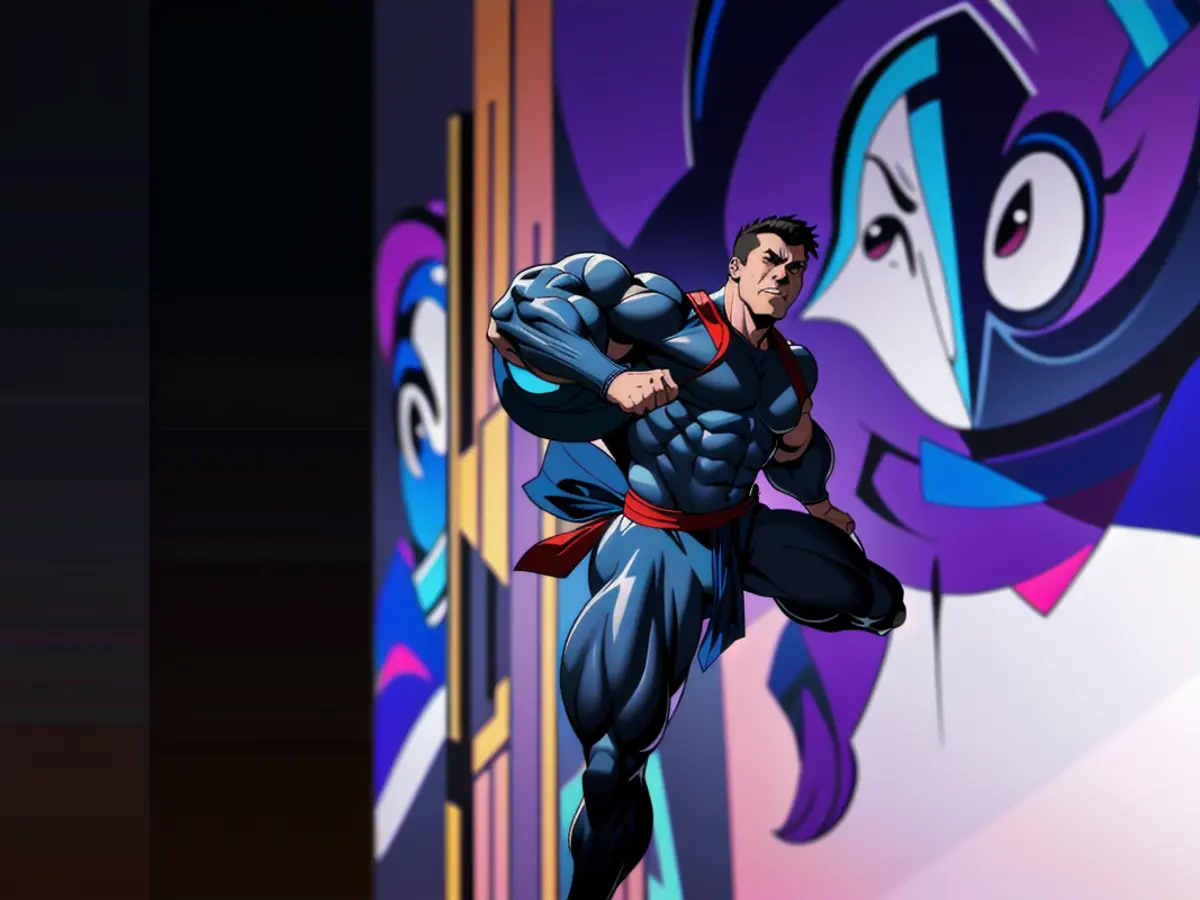Autonomous taxi service introduction by Tesla in tech-savvy Austin, Musk facing local competition in his native city.
Tesla is about to make its big move into the robotaxi market, setting its sights on Austin, Texas. Elon Musk has been testing Model Y vehicles without drivers in the city for a while now. Tesla's Austin robotaxi service will launch with just 10 vehicles but plans to expand rapidly if things go well, potentially moving into more cities.
But Tesla isn't the only player in town. Companies like Waymo, Zoox, Volkswagen's ADMT, and Avride are all testing self-driving technology in Austin, taking advantage of the city's tech-savvy residents, robotics and AI talent, affordable housing, and robotaxi-friendly regulations.
Waymo already offers robotaxi rides in Austin, partnering with Uber since March. Zoox started testing there last year, while ADMT has been testing Volkswagen's electric ID vehicles since 2023. Avride, headquartered in Austin, plans to offer paid robotaxi rides later this year.
Tesla's approach to self-driving technology primarily relies on camera-based systems and computer vision, unlike Waymo's use of sophisticated sensors such as lidar and radar. Musk has promised a self-driving car for a decade now, missing numerous self-imposed deadlines. In contrast, Waymo has been honing its technology for 5 years, focusing on safety and cost-effectiveness.
Austin has become a hub for autonomous vehicle testing due to its friendly regulations, horizontal traffic lights, wide roads, and tech-forward culture. California, on the other hand, has stringent regulations at the municipal level, making Texas a more appealing choice for AV companies. In fact, Waymo specifically chose Austin for its friendly regulatory environment.
The Texas Department of Transportation has created an AV task force in 2019, including key industry stakeholders. Waymo is an active member of this task force, demonstrating its commitment to collaborating with local authorities. While the AV industry is pushing for federal-level standards, Waymo supports proposed national safety standards and has voiced this support to the Trump administration.
Cities worldwide are looking to Texas as a model for self-driving regulations, but some regulatory issues remain unresolved. Conversations with first responders are crucial, as they may not know how to handle autonomous vehicles in emergencies. However, AV companies in Austin are proactively engaging with local first responders for safety protocols.
Despite some incidents, such as a Waymo vehicle locking passengers inside until they threatened to go live on TikTok, companies like Waymo prioritize safety. They strive for better performance than human drivers and aim to reduce fatal car accidents, which rarely make the news. The AV industry is aware that public trust can be easily lost and that regulatory overreaction could occur following any significant autonomous accident.
In essence, the robotaxi market in Austin is a hotly contested field, with companies like Tesla, Waymo, and Zoox vying for a piece of the action. Austin's friendly regulations, tech-savvy residents, and conducive city layout have made it an ideal testbed for self-driving technology. However, safety concerns and regulatory hurdles remain challenges for all involved.
- In the bid for dominance in the robotaxi market, Tesla's rival, Waymo, has already begun offering robotaxi rides in Austin, partnering with Uber since March, while utilizing sophisticated sensors such as lidar and radar, contrasting Tesla's camera-based systems.
- Still in the Austin market, Avride - a local company headquartered in the city - plans to offer paid robotaxi rides later this year, joining the competitive landscape that also includes Zoox and Volkswagen's ADMT, both testing there.
- As the AV industry navigates regulatory challenges and strives to maintain public trust, funding and capital are crucial for the success of these startups, with technology playing a vital role in driving innovation and ensuring safety.





